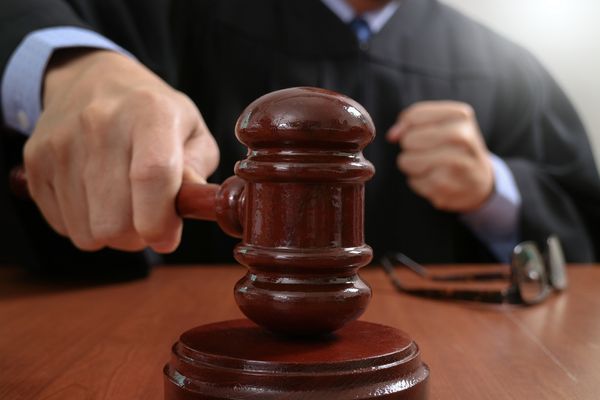4.1.2
The Montgomery Bus Boycott
The Montgomery Bus Boycott, 1956
The Montgomery Bus Boycott, 1956
Rosa Parks famously started the Montgomery Bus Boycott in 1956 when she refused to acknowledge segregation on buses in Montgomery, Alabama.


Rosa Parks
Rosa Parks
- Rosa Parks was on a busy bus and when a white person got on and demanded her seat, she refused.
- She was arrested and fined.
- The day after Parks was arrested, black teachers and students organised a day-long bus boycott.
- Students made and distributed leaflets in support of Parks.
- Lots of support was also given from black Churches which had the power to raise large funds and communicate to large groups of people.


The NAACP and Martin Luther King
The NAACP and Martin Luther King
- The NAACP joined with the prominent church leader, Martin Luther King and called on black communities to hold a boycott.
- Black people were encouraged to refuse to use the buses.
- People walked to work or shared cars, instead.
- This was supported by almost all of Montgomery’s 50,000 strong black community.
- Boycotts were a very powerful action which resulted in the big transport agencies being hit economically.


Attempts to end the boycott
Attempts to end the boycott
- Initially, the boycott was going to be short-lived.
- Students said they would resume using buses if they were treated respectfully by drivers and were given seats on first-come, first-served bases and could keep their seats for the duration of the journey.
- This method had been successful in Baton Rouge, Louisiana.
- This method did not, however, have an immediate effect in Alabama, so the boycott continued for a year.
Response to the Montgomery Bus Boycott, 1956
Response to the Montgomery Bus Boycott, 1956
In November 1956, the Supreme Court ruled that the segregation on buses in Alabama was unconstitutional and should end.


Supreme Court ruling
Supreme Court ruling
- The Supreme Court ruling was hugely significant to the Civil Rights Movement. It proved that African Americans could make a change if they were peaceful, united and exploited their economic power.
- It also showed how important the church could be in the Civil Rights fight.
- All of these methods added to the already successful tactic of the NAACP taking cases to the Supreme Court.


White hostility
White hostility
- Membership to organisations such as the White Citizens' Council almost doubled.
- White supremacist groups organised the harassment of African American officials who boycotted buses and even bombed Martin Luther King’s house.
- King was subject to a large fine due to his involvement in the boycott.
- Nonetheless, he continued to urge his followers to use passive resistance and not retaliate to the violence they were subjected to.
Spreading ideas
Spreading ideas
- Similar boycotts sprang up in over 16 other Southern States and the publicity of Montgomery won the Civil Rights campaign more support from Northern states.
1‘Free at Last’ 1865-77
1.1The Thirteenth Amendment
1.2Radical Reconstruction, 1867-77
2The Triumph of ‘Jim Crow’ 1883-c1890
2.1Jim Crow Laws & Civil Rights Cases
3The New Deal and Race Relations, 1933–41
3.1Failure to Address Black Grievances
3.2The New Deal
3.3The Second World War
4‘I have a dream’, 1954–68
4.1Civil Rights Activities, 1954–63
4.2Civil Rights 1964-68
4.3Malcolm X & The Black Panthers
5Obama's Campaign for the Presidency, 2004–09
5.1The Late 20th Century
5.2Barack Obama & his Political Career
5.3Reasons for Obama's Victory
Jump to other topics
1‘Free at Last’ 1865-77
1.1The Thirteenth Amendment
1.2Radical Reconstruction, 1867-77
2The Triumph of ‘Jim Crow’ 1883-c1890
2.1Jim Crow Laws & Civil Rights Cases
3The New Deal and Race Relations, 1933–41
3.1Failure to Address Black Grievances
3.2The New Deal
3.3The Second World War
4‘I have a dream’, 1954–68
4.1Civil Rights Activities, 1954–63
4.2Civil Rights 1964-68
4.3Malcolm X & The Black Panthers
5Obama's Campaign for the Presidency, 2004–09
5.1The Late 20th Century
5.2Barack Obama & his Political Career
5.3Reasons for Obama's Victory
Unlock your full potential with Seneca Premium
Unlimited access to 10,000+ open-ended exam questions
Mini-mock exams based on your study history
Unlock 800+ premium courses & e-books